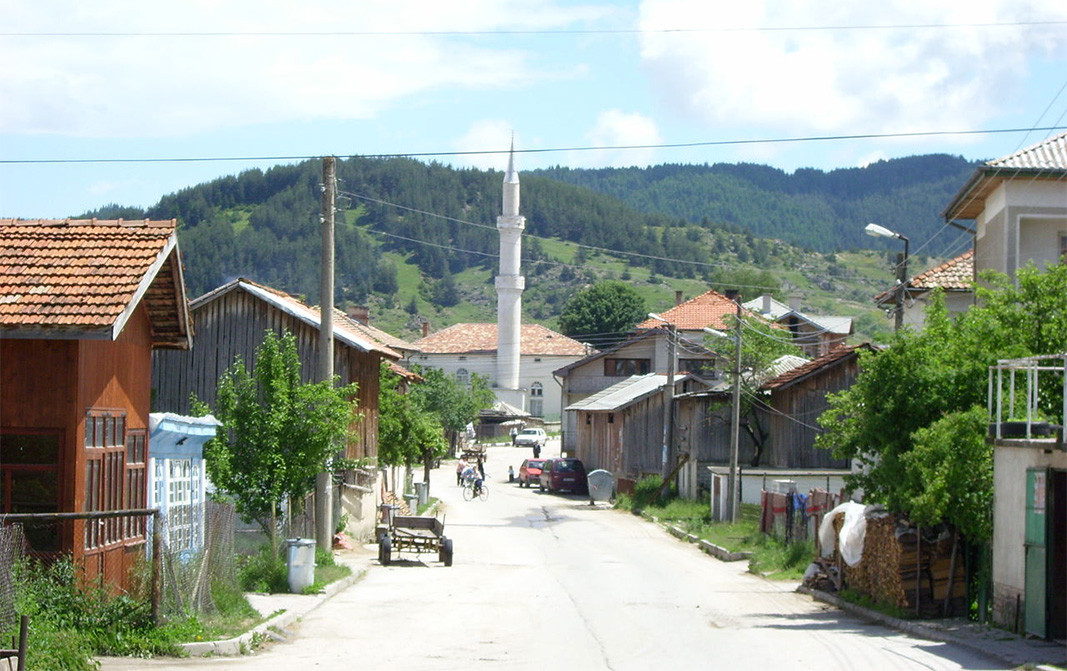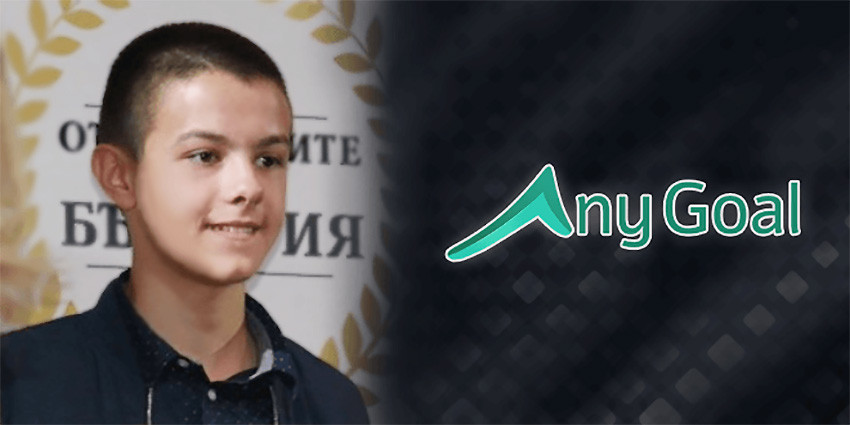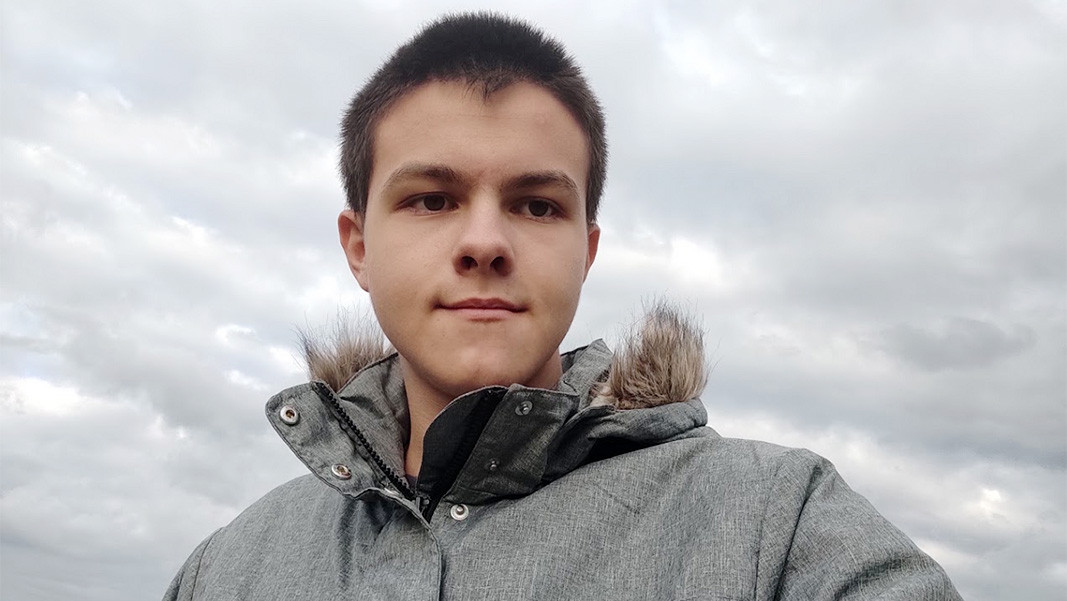15-year-old Radostin Cholakov from the village of Barutin in the Rhodope Mountain has been trying to humanize machines for six years. As if an alien from a technologically advanced planet, he carries with him knowledge that he could not acquire either in the rural school that survives with merged classes, nor in his humble home.

"Ever since I was very young, I have been curious about everything and I have experimented with everything," he said in an interview with the BNR's Hristo Botev channel. “We didn't have phones and computers back then, but when I saw that someone had newer technology, I would interrogate them in detail about what could be done with it and I became more and more interested. As soon as I got a phone and a laptop, I started rummaging through the settings to see what would happen and I even had times when I would break them down. So over time, I began to learn various things."
While attending the school in Barutin, his teachers admit that they have nothing to teach him once the computers are involved in the lessons. The only thing they can do is encourage him in the path he has chosen. Thus, at the age of only 12 and with gained experience in programming he won a competition of Google for the development of voice applications. The $ 2,400 prize he invested in equipment enabling him to create mobile applications and software projects.
Radostin created AnyGoal, an app that helps people keep track of how they're progressing in achieving their goals, and the AnyGoal Challenges sequel, in which users face challenges in order to progress in their personal development. He is currently working on an AI project that understands Bulgarian.

"The development is called "AzBuki.ML "and consists of a platform for artificial intelligence, processing human language”, explains Radostin. "The idea is to turn it into the Bulgarian alternative to such larger platforms that make grammatical analysis and assessment of emotions in a given text in English or another language."
Radostin uses the so-called neural networks that learn from a huge amount of text in order to be able to rank which one is positive and how to extract the emotion. The Bulgarian Academy of Sciences reaches out to the young inventor, providing him with their database.
"If you take tens of thousands of comments from the Internet and put them in the software, you are actually showing it which of them are positive and which are negative," Radostin continues. “So the program goes through all these comments and sees what are the possible positive words and begins to understand even the meaning - not only at the level of words, but at the level of sentences, context and to some extent irony. All of this happens with the help of neural networks that grasp patterns, and when you give them new text, they liken it to an already seen pattern.”

Radostin sees the application of his invention in a variety of activities - from summing up of long news articles to placing the correct commas in sentences, from the analysis of comments under products on the web to the conversion of sound into text.

Although he is still a student at the Plovdiv-based Mathematics High School, the talented boy sees his future like in a crystal ball - at the head of his own software company, which will create useful products for people. And while he is still simply Rado from the Rhodopean village of Barutin, he is eager to send one single message - no matter where you were born and in what environment you grow up, the important thing is to find your way and leave a visible mark in people’s lives.
Compiled by Diana Tsankova (based on interview of Milena Vodenicharova from BNR’s Hristo Botev Channel)
Photos: schoolnews-bg, volontime.com, Facebook / @AzBuki.MLOn January 25 this year, the Bulgarian National Radio will celebrate its 90th anniversary. The celebration will be accompanied by various initiatives, culminating in the ceremony of presenting the Annual Radio Journalism Awards "Sirak..
Bulgarian gardeners have been bringing the glory of Bulgaria to Croatia for more than a century and a half. They were true "ambassadors" of the humble and hardworking Bulgarian people, Diana Glasnova, author of the book Bulgarian Gardeners in..
Babinden, or Midwives' Day, was once again this year celebrated across the country with songs, dances and ritual re-enactments. The day of midwifery was marked on January 8, and today, following the old-style calendar tradition. On Babinden, people..
The day of St. Tryphon is marked on 1 February old style (14 February new style), and i n the folklore calendar it spans 3 days, known as Trifontsi..
Priceless Romanian ancient gold stolen from a museum in the Netherlands Three golden bracelets and a priceless helmet from the Romanian exhibition..
More than 50 wine producers from Bulgaria and Greece are going to take part in the contest for best wine with which the two-fay wine festival will kick..

+359 2 9336 661
